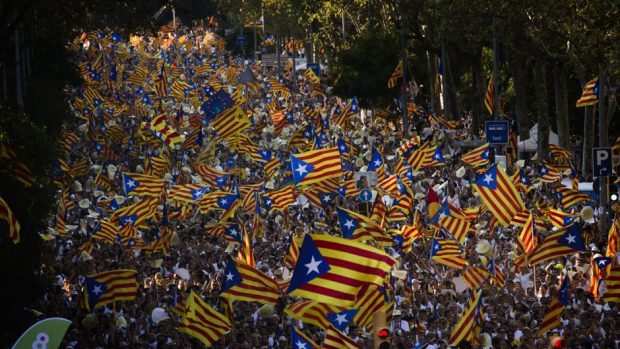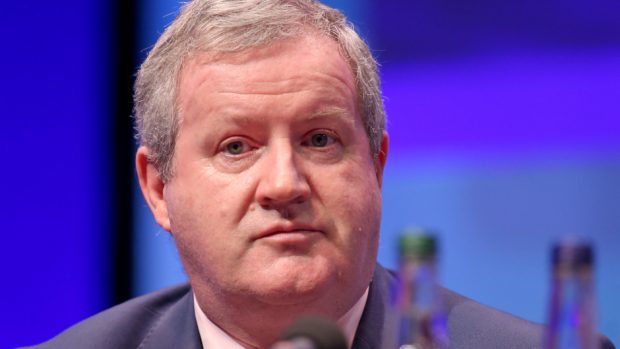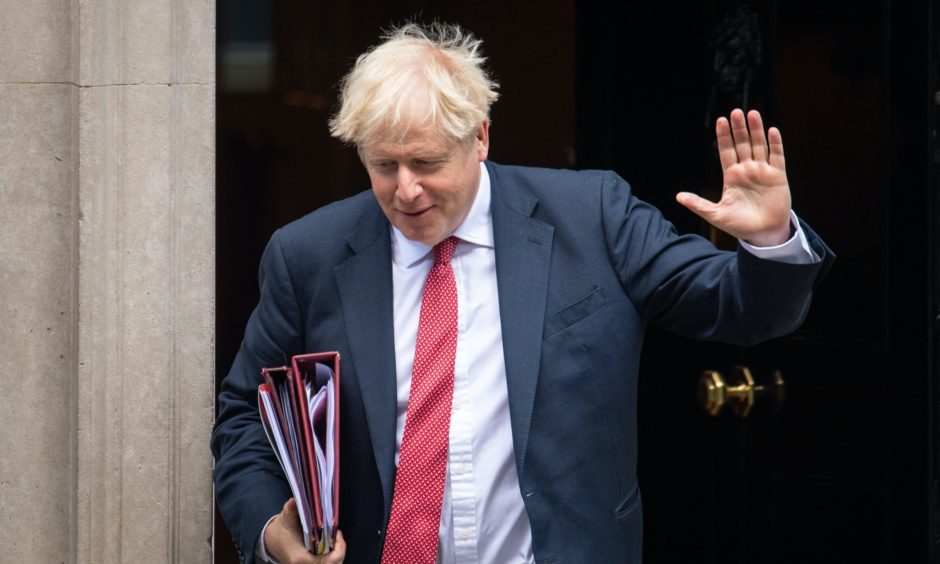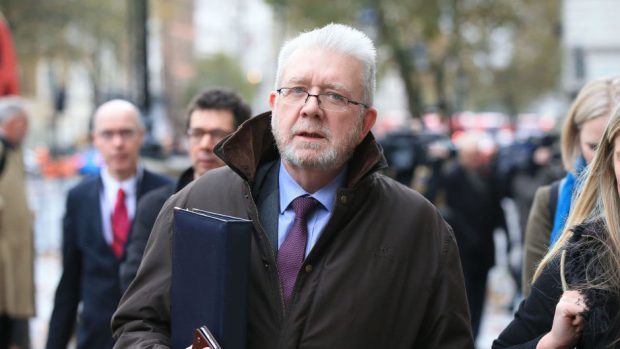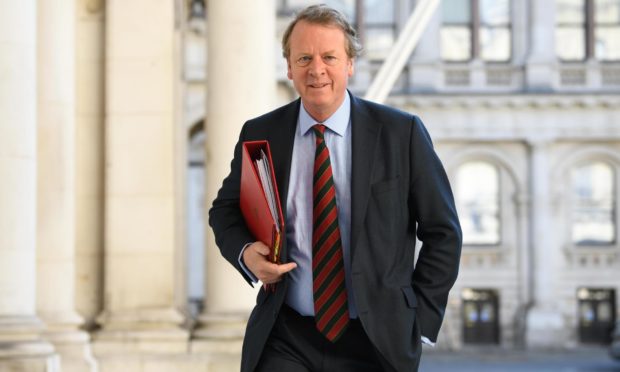Boris Johnson has been accused of turning the UK into a “rogue state” after it was revealed Number 10 intended to “break international law” in order to draw up a new Brexit agreement.
The charge came at prime minister’s questions after the publication of the Internal Market Bill, which seeks in part to modify last year’s divorce deal with Brussels.
The European Commission has called for an extraordinary meeting to discuss the proposal – and the Scottish Government is considering legal action, after it emerged the Bill could also sideline Holyrood in post-Brexit spending decisions.
Ministers have argued the measures are necessary to “protect jobs, protect growth and ensure prosperity throughout the UK” when the Brexit transition period ends.
European Commission President Ursula von der Leyen today warned, however, that the proposal “would break international law and undermine trust”.
SNP Westminster leader Ian Blackford said: “This legislation breaks international law, but it also breaks domestic law. The prime minister and his friends are creating a rogue state, one where the rule of law does not apply. Why does the PM think that he and his friends are above the law?”
Mr Johnson replied: “This UK Internal Market Bill is about protecting jobs, protecting growth, ensuring the fluidity and safety of our UK internal market and prosperity throughout the UK and it should be welcomed, I believe, in Scotland, in Northern Ireland, in Wales and throughout the whole country.”
This is nothing short of an attack on Scotland’s Parliament and an affront to the people of Scotland.”
Ian Blackford
The prime minister, however, struggled, when asked to explain how his plan to redraw the withdrawal agreement, in contravention of international law, would not open the way for a wildcat referendum on independence.
Orkney and Shetland MP Alistair Carmichael asked: “Some Scottish nationalists want to hold a Catalonia-style wildcat referendum on Scottish independence.
“I oppose this because it would be illegal. If the prime minister is happy for his government to break international law, on what basis would he oppose it?”
The Prime Minister was warned when he signed the Withdrawal Agreement that it would be a threat to the Good Friday Agreement. Welcome that he has realised this at last but the answer to the problems of trashing one international agreement is not to trash a second one. https://t.co/V506Z68UaS
— Alistair Carmichael (@amcarmichaelMP) September 9, 2020
Mr Johnson replied: “My job is to uphold the integrity of the UK but also to protect the Northern Irish peace process and the Good Friday Agreement and to do that we need a legal safety net to protect our country against extreme interpretations of the protocol which could lead to a border down the Irish Sea.”
Unsatisfied with the prime minister’s justification for the Bill, Mr Blackford went on to cite provisions that stipulate how Westminster will be able to spend in devolved areas – without input from Holyrood – from the end of the transition.
“This is nothing short of an attack on Scotland’s Parliament and an affront to the people of Scotland”, he said.
His comments came as SNP minister Mike Russell suggested the Scottish Government would take Mr Johnson’s administration to court over the plan.
He told MSPs: “I have not ruled out any actions at all. There are maybe a range of legal options in front of us but I wouldn’t like to go any further than that at this stage.”
Mr Johnson said SNP attacks on the Bill were “totally illogical”, adding: “It actually represents a very substantial transfer of powers, of sovereignty to Scotland, to Wales, it is a massive devolutionary act.”
Scottish Secretary Alister Jack backed the prime minister’s analysis, telling the Commons: “More powers are being delivered to the Scottish Parliament, strengthening devolution, something that the SNP don’t like and they don’t like this UK legislation because it strengthens the United Kingdom economy and that doesn’t fit into their plans, either.”
Nicola Sturgeon was unconvinced, however, stating: “Far from returning powers to Scotland, as promised by the likes of Michael Gove, it is now crystal clear that Brexit means taking back control from Holyrood and taking control away from the Scottish people.
“That is a betrayal not just of devolution, but of the promises made in the Brexit referendum, including those in Scotland who voted Leave.”
